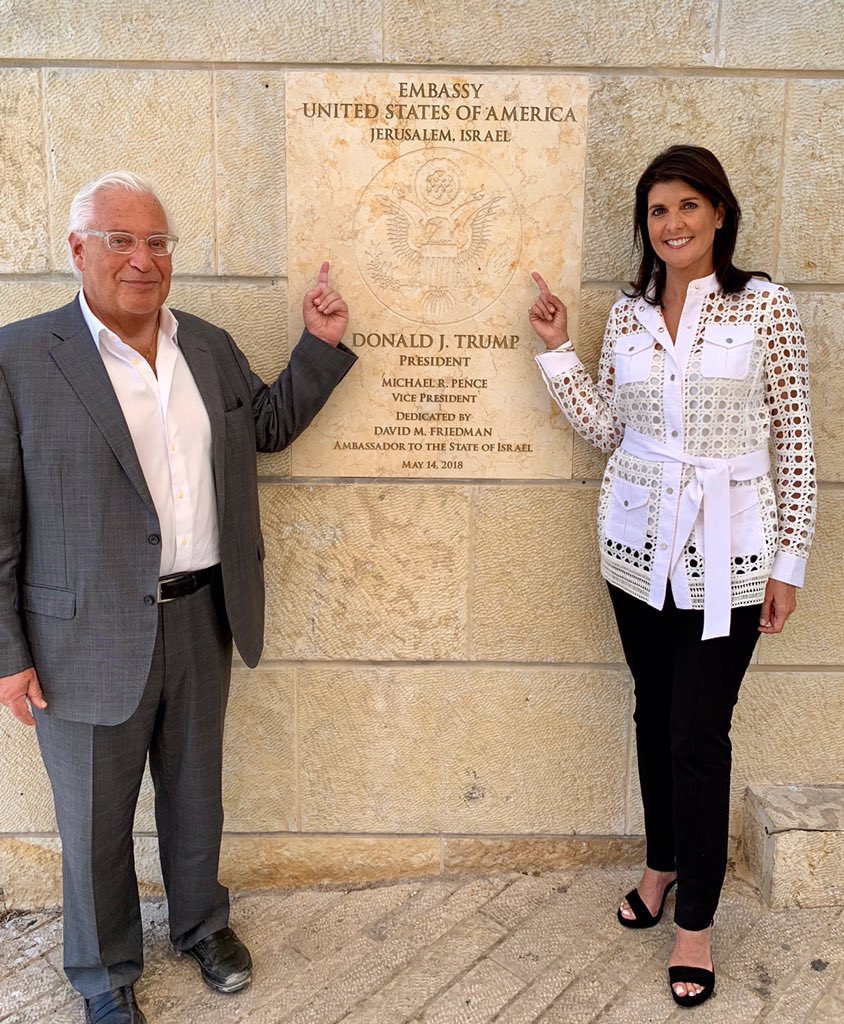Judea Pearl: Inspiration and a Rallying Cry for Jewish Students and Graduates
The following is Judea Pearl’s speech at the fourth annual UCLA Jewish Graduation on June 16.Melanie Phillips: The dangerous drive to correlate Islamophobia with anti-Semitism
Dean [Maria] Blandizzi, friends, families, distinguished guests, and especially you, the graduates.
I am deeply honored by the opportunity to address this graduating class, and to speak to you on topics that are so very dear to my heart.
I know that I am speaking today to a unique group of graduates. Unique, because all of you felt the need to add a distinctly Jewish color to one of the most memorable days of your life.
And the question you are probably asking is: What is the nature of this extra color we call Jewish? Is “being Jewish” some sort of a birthmark with which one is burdened or blessed for life? A genetic incident? How can one be proud of a genetic incident? Is it a religious belief? An ethnic loyalty? A commitment to a certain mode of behavior or perspective? An attitude? Is it just a collection of sweet childhood memories, decorated with mother’s cooking? Or a language to communicate with our ancestors and decode their wisdom and experience? Most importantly, could a coherent, meaningful answer ever emerge from a community whose members view the question through such diverse prisms?
The question is not trivial, and it shook up the core of my soul 17 years ago, when our son Daniel was murdered in Karachi, Pakistan, and his last words, facing his abductors’ camera were: “My father is Jewish, my mother is Jewish — I am Jewish. Back in the town of Bnei Brak, there is a street named after my great-grandfather, Chaim Pearl, who was one of the founders of the town.”
These words have since become an identity banner to every Jewish soul, to every lover of Israel, and to every scholar of peoplehood. But at the time, they raised more questions than answers: What did he mean? What does any of us mean when he or she says: “I am Jewish?”
In Britain, a campaign by the former Conservative party chairman Baroness Warsi to outlaw Islamophobia is falsely accusing the Conservative party of institutional Islamophobia and Islamophobia-denial. This is clearly an attempt by British Muslims to appropriate for themselves the moral high ground now supposedly occupied by British Jews as a result of the unaddressed anti-Semitism in the Labour Party.David Collier: Mental health and antisemitism – the shameful ridicule of Labour activists
Anti-Jewish appropriation and inversion are fundamental to Islam. One reason why the existence of Israel as a Jewish state is anathema is that Islam teaches that the real, authentic Jews are … the Muslims. Thus, Osama bin Laden declared in his Letter to the American People:
“It is the Muslims who are the inheritors of Moses (peace be upon him) and the inheritors of the real Torah that has not been changed. … If the followers of Moses have been promised a right to Palestine in the Torah, then the Muslims are the most worthy nation of this.”
Since pious Muslims believe that Islam is perfect and everything else is the province of the devil, Muslim aggression against Jews and others becomes self-defense while defense against it becomes aggression.
All espousing the Palestinian cause go along with this surreal appropriation and inversion agenda. In turn, it plays directly into the post-modern discourse of the West where lies are believed as truth and truth disdained as lies in accordance with the dogma of secular ideologies from multiculturalism to environmentalism.
Like Islam, these ideologies are also premised upon the perfection of the world, agendas which brook no dissent and which demand that heretics be destroyed.
If you feel you are living in a terrifying, discombobulating and sinister hall of mirrors over anti-Semitism, Israel and Islamophobia, this is why.
Over the last few weeks Rosa Doherty from the Jewish Chronicle has spoken to several campaigners fighting antisemitism about the impact that struggling against anti-Jewish hate was having on their mental health. Yesterday, the Jewish Chronicle published three articles. The first contained a few case studies. The second featured some comments from mental health experts, taking a wider look at the impact anti-Jewish hatred was having on the community. The third was about lessons the Jewish community can learn about how to deal with these issues.
I don’t shy away from anything and remain fully aware that you cannot possibly face a tsunami of hate and abuse without it having an effect. I was more than willing to open up to Rosa to discuss the personal cost of fighting antisemitism. Others did too. Sara Gibbs spoke of ‘tearful nights, nights feeling disbelieved, ignored and alienated’. Miriam Mirwitch, chair of the Young Labour movement, did open up but also spoke of her reluctance to discuss the issue so as not to show weakness. Which in itself says much about the cost people are being forced to pay. Emma Feltham, probably the most notable non-Jewish face of grassroots activism against antisemitism, felt ‘forced’ to see a doctor because of mental health issues surrounding this fight. Like most who publicly defend Jewish people, Emma has also required help from both the CST and the police.
Rosa spoke to a handful, I know dozens. Behind the scenes a massive self-support network has opened up amongst activists. And what about the more public figures? Like Rachel Riley or Tracy Ann Oberman. All these brave female fighters have the added ingredient of misogyny to deal with too.






































